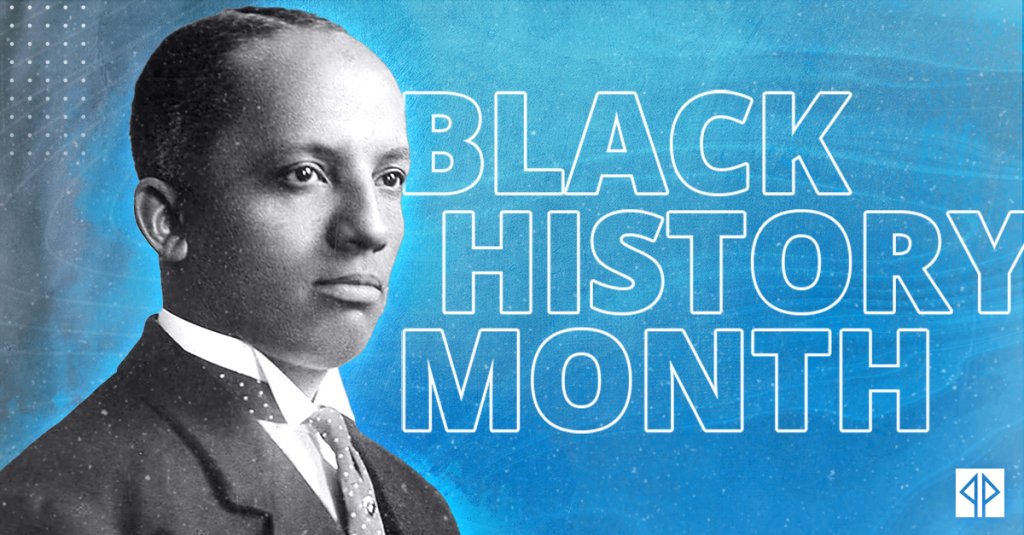An Introduction To Black History Month
Black History Month is not just a month-long commemoration; it's an essential acknowledgment and celebration of Black histories, culture, and achievements.
This month serves as a reminder of both the past and the resilience of a community that has significantly shaped our modern society. In this article, we will delve into the importance of Black History Month, exploring its origins, significance, and the vital role it plays in today's world.
The Origins and Evolution of Black History Month
The origins of Black History Month date back to 1926, when historian Carter G. Woodson, who is recognized as the "Father of Black History," initiated a movement dedicated to promoting and educating the public about Black history and culture. He chose the second week of February to initiate what is now known as Black History Week, due to its alignment with the birthdays of Frederick Douglass and Abraham Lincoln.
In the decades that followed, growing recognition and awareness transformed the original week-long observance into a month-long celebration. Then, in 1976, President Gerald Ford officially acknowledged Black History Month.
Today, Black History Month is a time to honor the contributions and legacy of Black Americans across history and society. Since its inception, numerous countries have joined the United States to adopt this commemoration, recognizing and honoring the impactful contributions of Black individuals to history and culture.
Source Information:
https://naacp.org/find-resources/history-explained/civil-rights-leaders/carter-g-woodson
https://nmaahc.si.edu/explore/stories/celebrating-black-history-month
A Platform for Recognition and Education
Black History Month provides a dedicated platform to recognize and celebrate the contributions of Black Americans in various fields, including science, arts, politics, and social movements. It offers an opportunity to reflect on figures like Martin Luther King Jr., Rosa Parks, Harriet Tubman, who have played pivotal roles in shaping the course of American history.
Moreover, it's an educational opportunity. It brings to light historical events and figures that are often overlooked in mainstream history curricula.
Recognizing Historical Innovations
As Black History Month commences, we are reminded of the countless Black engineers, scientists, and entrepreneurs whose achievements paved the way for advancements in various fields, including the performance plastics industry. Their pioneering efforts in research and development have been instrumental in shaping the industry as we know it today.
Modern-day plastic development has greatly benefited from the ingenuity of African-American innovators, who have been instrumental in the evolution of certain materials and applications:
Walter Lincoln Hawkins, engineer and chemist who co-invented the first plastic cable sheath.
Mary Elliott Hill, chemist credited for advancements in polymer chemistry and plastic development.
George Washington Carver, agricultural scientist who discovered produce could be used to produce plastics.
Where To Find Educational Resources
For those looking to deepen their understanding of Black history and discover how they can contribute to positive change, many local libraries or museums, such as the National Museum of African American History and Culture, offer extensive collections and exhibits that provide rich insights into the Black experience.
Online platforms like the Black History Month website host a myriad of educational resources, including articles, virtual tours, and videos. In addition, universities often have open-access materials and courses focused on African American studies.
More Than a Celebration
Black History Month is more than a celebration; it's a vital part of our collective history. It's a time to honor the achievements, remember the history, and commit to continued progress toward equality and representation.
